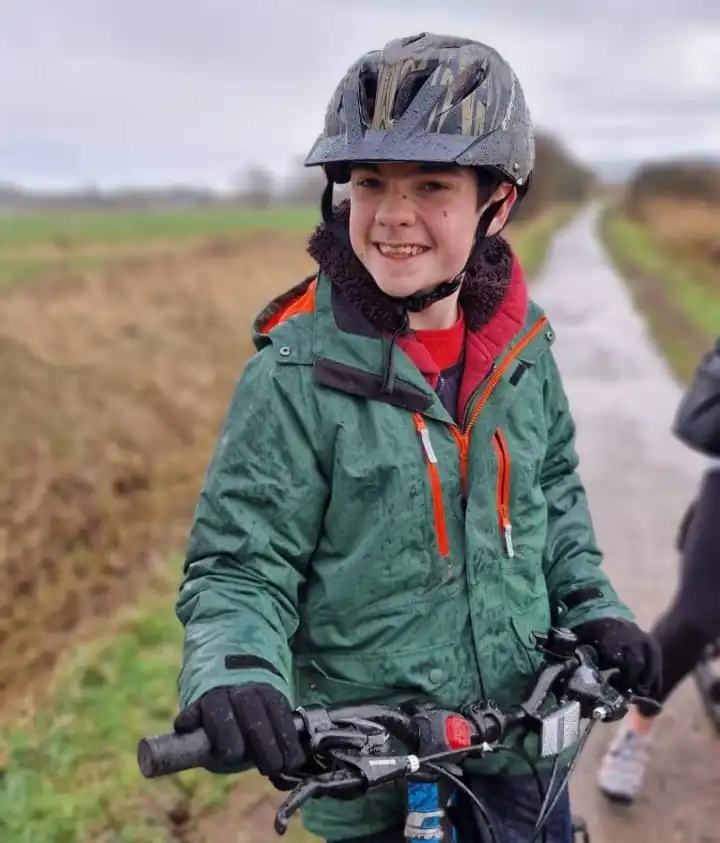If you’re wondering how to control epilepsy seizures, an innovative treatment using a brain implant from the UK could be the solution!
A 13-year-old boy from Somerset, UK, Oran Knowlson, is the first person in the world to receive a groundbreaking brain implant that can help him control epilepsy seizures.
At the age of three, Knowlson was diagnosed with Lennox-Gastaut syndrome, which is a severe form of epilepsy that is nonresponsive to treatment.
Being treatment-resistant, the seizures in this epilepsy can come up to even 100 times in a day.

SIMILAR: Another 13-year-old from Belgium receives life-changing treatment for brain stem glioma, a fatal brain cancer!
Due to the severity of his seizures, Knowlson would lose consciousness, stop breathing, and even his heart would stop at times, requiring a revival.
This resulted in him needing 24/7 care and attention for the last 13 years, which was taking a toll on him and his family.
But thanks to the innovative technology developed by UK-based Amber Therapeutics, a device has been implanted in his brain which will help in controlling 80 percent of his seizures, as per the Guardian.
The surgery was carried out by Dr. Martin Tisdall, a consulting pediatric neurosurgeon at Great Ormond Street Hospital in London.
Dr. Tisdall and his team performed the procedure on Knowlson with extreme precision, inserting two electrodes deep inside his brain in a region called the thalamus.

These electrodes were then connected to a neurostimulator that was switched on once the surgery was over.
The device keeps sending mild electric stimulation to his brain constantly and it does not allow seizures to take place. The implant can be easily recharged through a wireless headphone.
Knowlson can now live a better and more independent life, much like a regular teen, after the surgery.
Dr. Tisdall and his team are happy to be a part of his journey. His mom, Justine, is also delighted since the implant surgery, as her boy is now much happier, chattier, and living a better life.

Although just six months ago she was unsure if the improvement in Knowlson’s life would ever be possible, she now believes the future looks hopeful.
The study was conducted on three children with Lennox-Gastaut syndrome, and the doctors look forward to extending this treatment to 22 more children with the same condition.
Dr. Tisdall adds that the treatment of deep brain stimulation in stopping epileptic seizures in patients with limited treatment options could be very helpful.
He is excited to have more evidence for its effectiveness in treating pediatric epilepsy and hopes it will become a standard treatment in the future.

